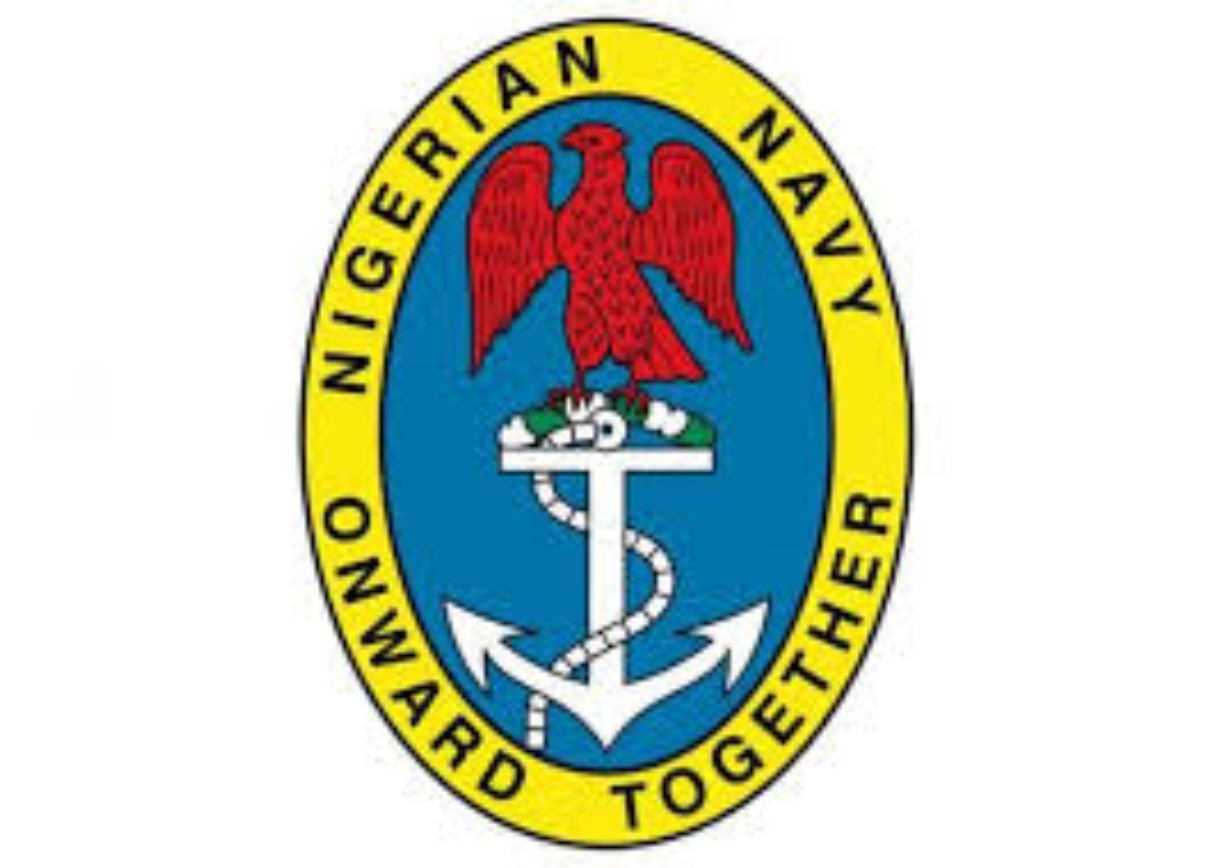Editorial
Army Should Stay Away From Polls
Barely a week after the Presidential and National Assembly elections, Nigerians, and indeed, political pundits are still ruminating over the conduct and outcome of the elections. Particularly worrisome was the inglorious and ignominious role of the Nigerian military in the conduct of a purely civil activity.
Shamefully, military officials were caught in camera carting away ballot boxes, protecting politicians, thugs and hoodlums as well as thumb-printing and providing safe haven for some politicians and parties of their interest.
Rather than being apolitical in the discharge of their professional and statutory responsibilities as expected of them and as enshrined in the nation’s 1999 Constitution, as amended, the military officials were overly partisan, throwing all military ethics and values to the wind.
The consequences were, indeed, grievous and monumental as innocent and precious lives were lost while voters were disenfranchised as a result of the militarisation of the electoral process. Voters’ apathy was unprecedented as fear and trepidation characterised the polity before, during and after the election.
Particularly horrible and unacceptable was the way and manner the elections were conducted in some parts of the country, like in Rivers, Bayelsa and Akwa Ibom States and some other States in the South-East geo-political zone where voters and electoral officers were subjected to all manner of humiliation, intimidation and victimisation. In fact, some were brutally maimed or killed in the process.
Violence and undemocratic tendencies virtually permeated the political atmosphere as masked uniformed men over-ran various polling units, some spraying bullets and brandishing sophisticated weapons, all in a calculated attempt to scare the electorate.
In Rivers State, for instance, especially in Emohua, Ikwerre, Bonny, Akuku-Toru local government areas as well as in Bayelsa State, particularly in Nembe and Brass, the election was anything but transparent, credible, free and fair. Some observers have already described the elections as the worst in Nigeria’s political history.
It is against this backdrop that The Tide is of the position that never again shall we pass through this tortuous and horrible path of our democratic experience. We recall that Governor Nyesom Wike of Rivers State on February 14, 2019, barely few days to the elections, had alerted the world on plans by certain politicians in concert with the military to subvert the electoral process in the state and this was evidently manifested before, during and after the elections.
Sadly, the scenario was replicated in other states in the South-South geo-political zone. This has indeed, made the country a laughing stock in the comity of nations.
We sincerely regret that despite the assurances by the military high command to maintain neutrality and be apolitical, the real situation on ground was contrary, indeed.
As former President Goodluck Jonathan once said: “Nobody’s political ambition is worth the blood of any innocent Nigerian”. Thus, the death of 15 persons, including a youth corps member and two INEC ad-hoc staff in Emohua and Degema local government areas can never be equated to the aspiration of anybody, no matter how privileged or highly placed.
We say that the involvement of the military in civil activities such as elections is an aberration that must stop forthwith. When it becomes absolutely inevitable, particularly in a situation where the police and other para-military personnel cannot handle such present and clear danger, then, the military can only observe, not supervise as was the case in the last elections.
Our position is predicated on the provisions of the Electoral Act and a Supreme Court judgement in this regard. The Chairman of the Independent National Electoral Commission (INEC), Prof. Mahmood Yakubu in his pre-election media briefing also attested to this assertion.
We insist that involvement of the military in our electoral process portends grave danger to our democracy. The military must, therefore, steer clear of the nation’s politics.
Editorial
Time For GL 17 In Rivers

Editorial
For A Prosperous 2026

Editorial
Task Before New Defence Minister
-

 Politics5 days ago
Politics5 days agoEFCC Alleges Blackmail Plot By Opposition Politicians
-
Business5 days ago
AFAN Unveils Plans To Boost Food Production In 2026
-

 Sports5 days ago
Sports5 days agoJ And T Dynasty Set To Move Players To Europe
-

 Entertainment5 days ago
Entertainment5 days agoFunke Akindele’s Behind The Scenes Crosses ?1.77bn
-

 News2 days ago
News2 days ago2026 Budget: FG Allocates N12.78bn For Census, NPC Vehicles
-

 Featured5 days ago
Featured5 days agoRSG Kicks Off Armed Forces Remembrance Day ‘Morrow …Restates Commitment Towards Veterans’ Welfare
-

 Niger Delta5 days ago
Niger Delta5 days agoNavy Pledges Improved Patrols, Welfare Boost For Personnel
-

 Featured5 days ago
Featured5 days agoTinubu Hails NGX N100trn Milestones, Urges Nigerians To Invest Locally

